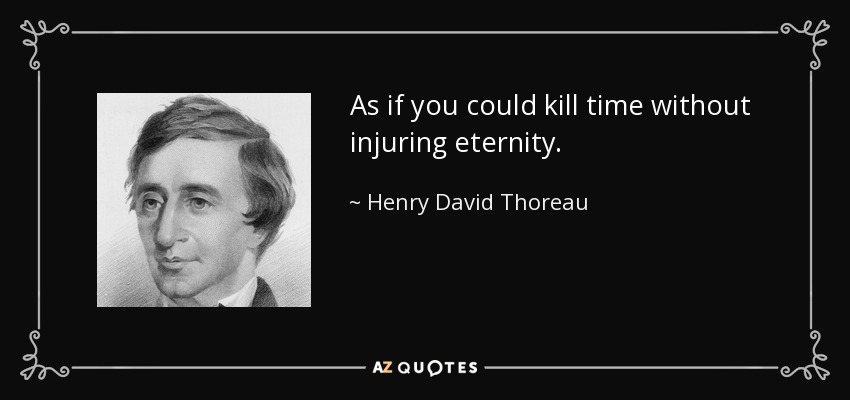Click here to return to Blog Post Intro

Ecclesiastes 3:1-11 was popularized years ago in a song written by Bob Dylan, who stressed the preciousness of time as a resource… A “time to be born and a time to die…a time to weep and a time to laugh, a time to mourn and a time to dance…a time to be silent and a time to speak, a time to love and a time to hate, a time for war and a time for peace.” It is painful but beneficial to come to grips with the truth that we simply do not have sufficient time on earth to accomplish all that our hearts desire.
Paul makes a similar point in Ephesians 5:15-17 when he says, “Be very careful, then, how you live—not as unwise but as wise, making the most of every opportunity, because the days are evil. Therefore do not be foolish, but understand what the Lord’s will is.” God definitely cares about how well we manage our time. And if we’re in a leadership role, we direct others’ use of time…doubling our responsibility to manage it well! The first principle of time management is recognizing the value of time and using whatever circumstances we encounter to maximize it.
Moses said, “Our days may come to 70 years, or 80, if our strength endures; yet the best of them are but trouble and sorrow, for they quickly pass, and we fly away” (Psalm 90:10). David, like Moses, was impressed with life’s brevity and the importance of using time wisely. Psalm 39:4-5 records, “Show me, Lord, my life’s end and the number of my days; let me know how fleeting my life is. You have made my days a mere handbreadth; the span of my years is as nothing before you. Everyone is but a breath, even those who seem secure.”

Peter Drucker suggests three activities that might help busy leaders in dealing with time:
- Effective executives…do not start with their task. They start with their time… They start by finding where their time actually goes.
- Then, they attempt to manage their time and cut back on unproductive demands. To do that, they ask these questions:
- What would happen if this were not done at all?
- Which of the activities on my time log could be done by somebody else just as well, if not better?
- What do I do that wastes my time without contributing to my effectiveness?
- Finally, they consolidate their “discretionary” time into the largest possible continuing time units.
Each of us is allotted a finite number of days. Are we spending those days wandering aimlessly, with no goal, no purpose in sight? Or are we numbering those days and thereby gaining a heart of wisdom? Like Moses, we need to pray, “Lord, teach us…”
Then, we can effectively shoot for the stars!


